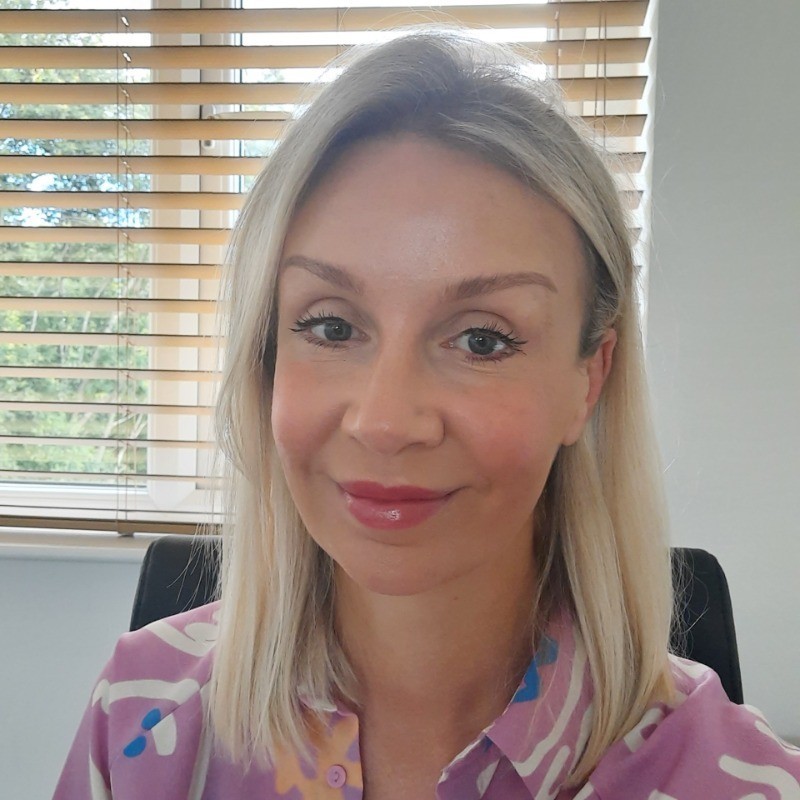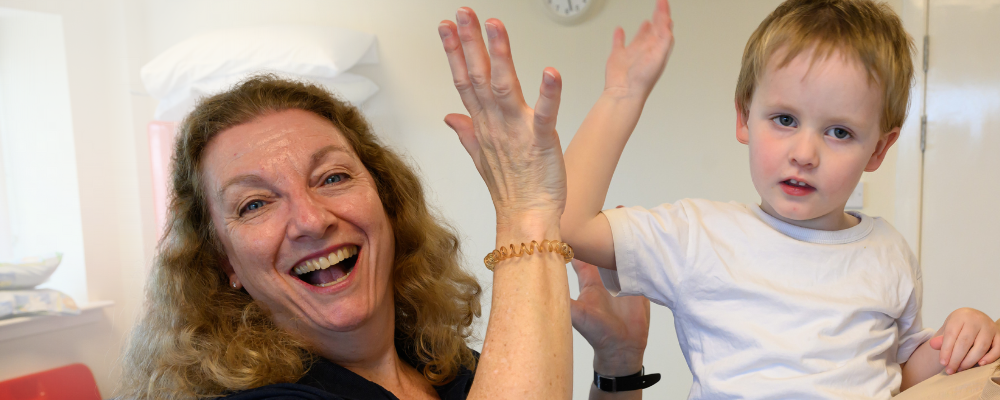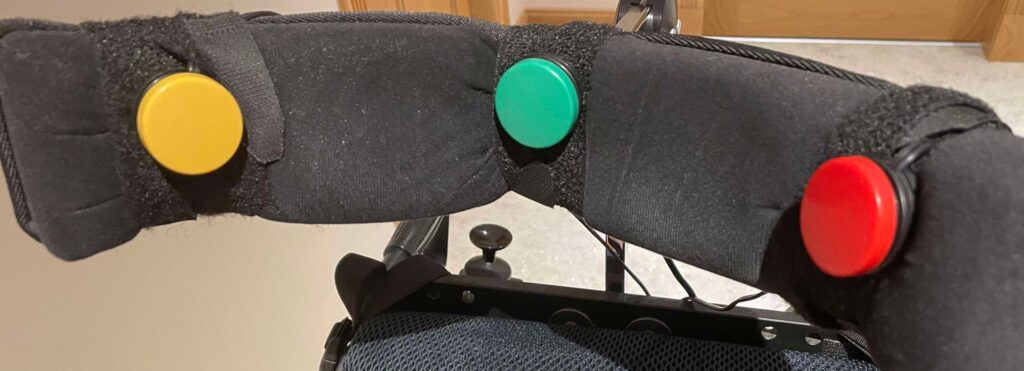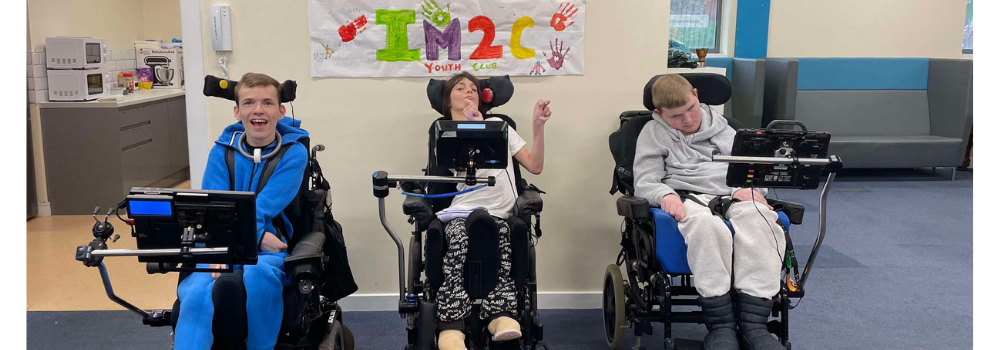Rachael has worked in fundraising and marketing within the third sector from 2011. She previously held the role of Head of Engagement at Terrence Higgins Trust, successfully delivering on a varied programme of fundraising channels. Prior to this, she worked for 10 years in fundraising at Great Ormond Street Children’s Hospital in London. Rachael lives with her husband and two children in Glasgow.




